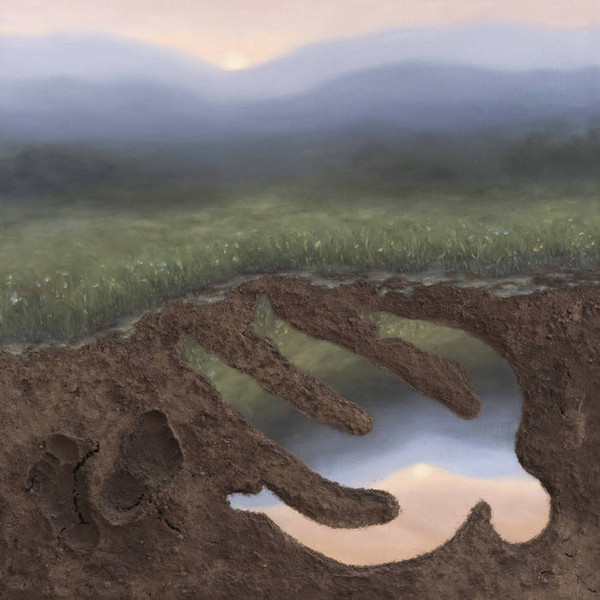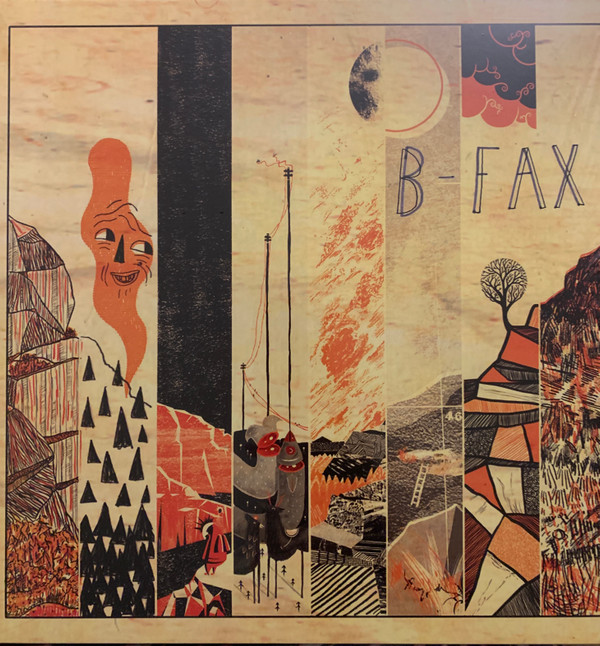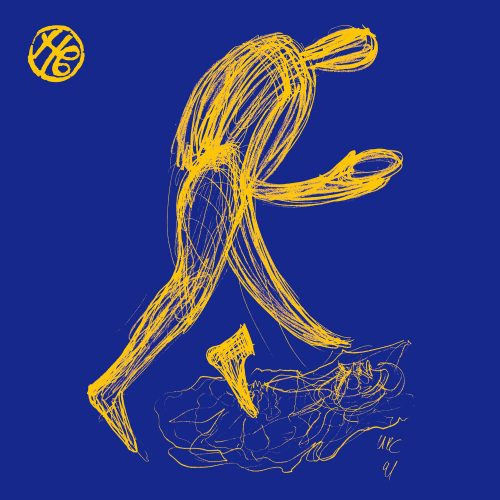By continuing your navigation on this website, you accept the use of cookies for statistical purposes.
Raphael Rogiński
Žaltys
Žaltys is deeply rooted in the rolling hills of the Suwałki region, in the northeast of Poland, where Rogiński spent childhood vacations and became intrigued by the music he heard from nearby Lithuania. Later, it was on the border with Dzūkija in Lithuania that he bought his first electric guitar, recording soundscapes on a four-track recorder in the forests; he returns to those techniques on this album.
Yet while Eastern European folk music is a constant, enigmatic inspiration here—the track titles derive from various Lithuanian plant names—Žaltys is (like all of Rogiński’s work) impossible to pin down, drawing on jazz, American primitivism, and a pervasive mysticism. Infused with a specific culture and place, the album contains a sense of memory, time passing, wonder, and loss. The music, Rogiński says, “is a return to the moment when my brother and I laid down in a boat near the Lithuanian border, floating on a lake at night and looking at the stars in the sky, which always seemed closer to us there.”
Working with Warsaw musician and producer Piotr Zabrodzki, Rogiński created what he describes as “guitar piano”. Rogiński and Zabrodzki made the whole studio resonate while recording, to achieve a sound “as if the wind was playing the strings”. He continues, “We connected some low-voltage effects to powerful old amps and a Leslie speaker, and put unusual sets of strings on the guitars.” For the first time on a solo album, Rogiński employs overdubs to create layers on several tracks, while other compositions are pared back, variously stark, harsh or simply beautiful, exploring his deep relationship with his instrument.
A1
Paprastasis Amalas
A2
Čiobrelis
A3
Smiltyninis Šlamutis
A4
Pelkinis Gailis
A5
Borbašo Gvazdikas
A6
Šilinis Viržis
B1
Tamsialapis Skiautalūpis
B2
Miškinė Plikaplaiskė
B3
Miškinė Varnalėša
Be
Raudonoji Gegūnė
B5
Kalninė Arnika
B6
Miškinė Dirsuolė





